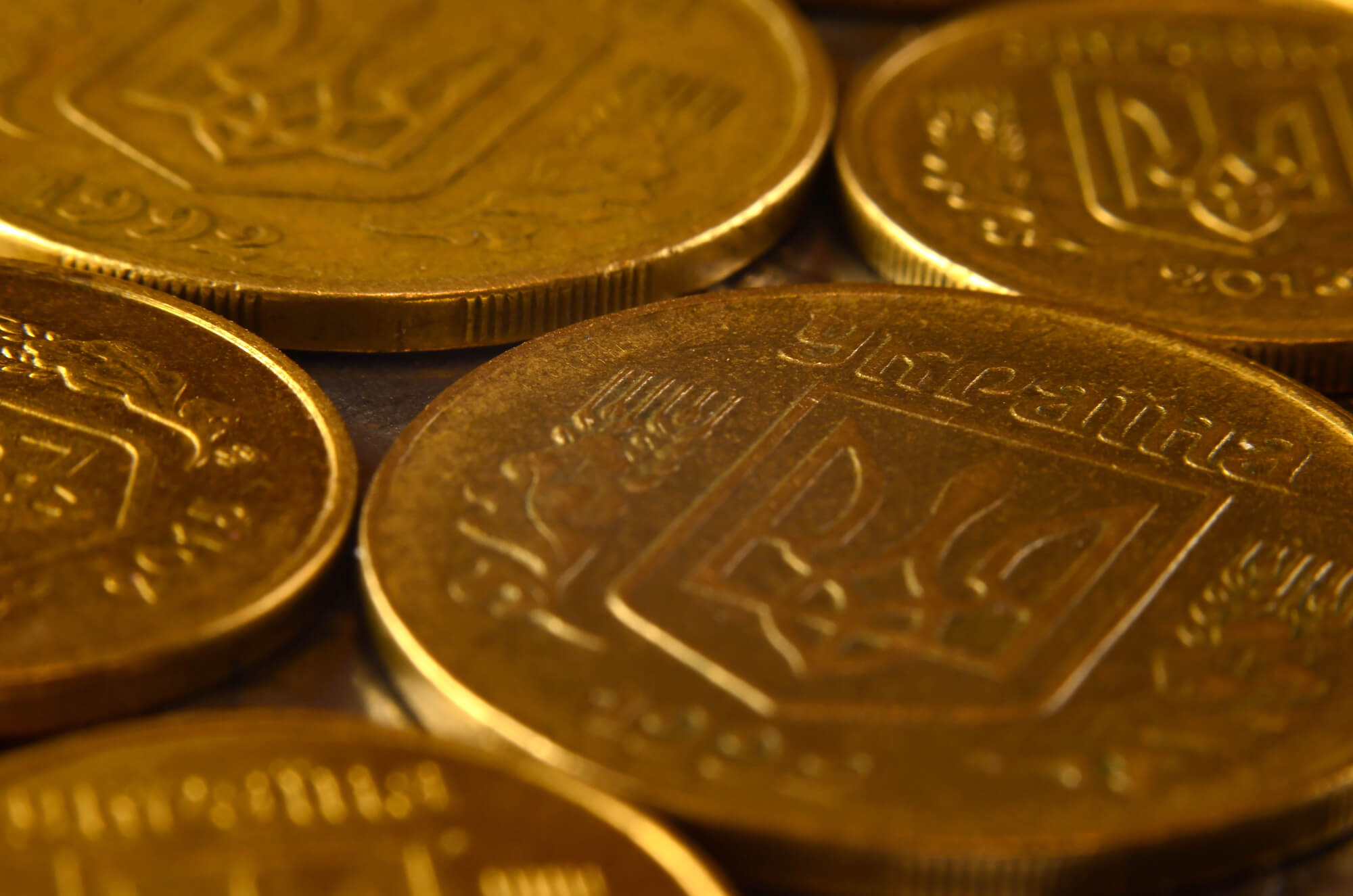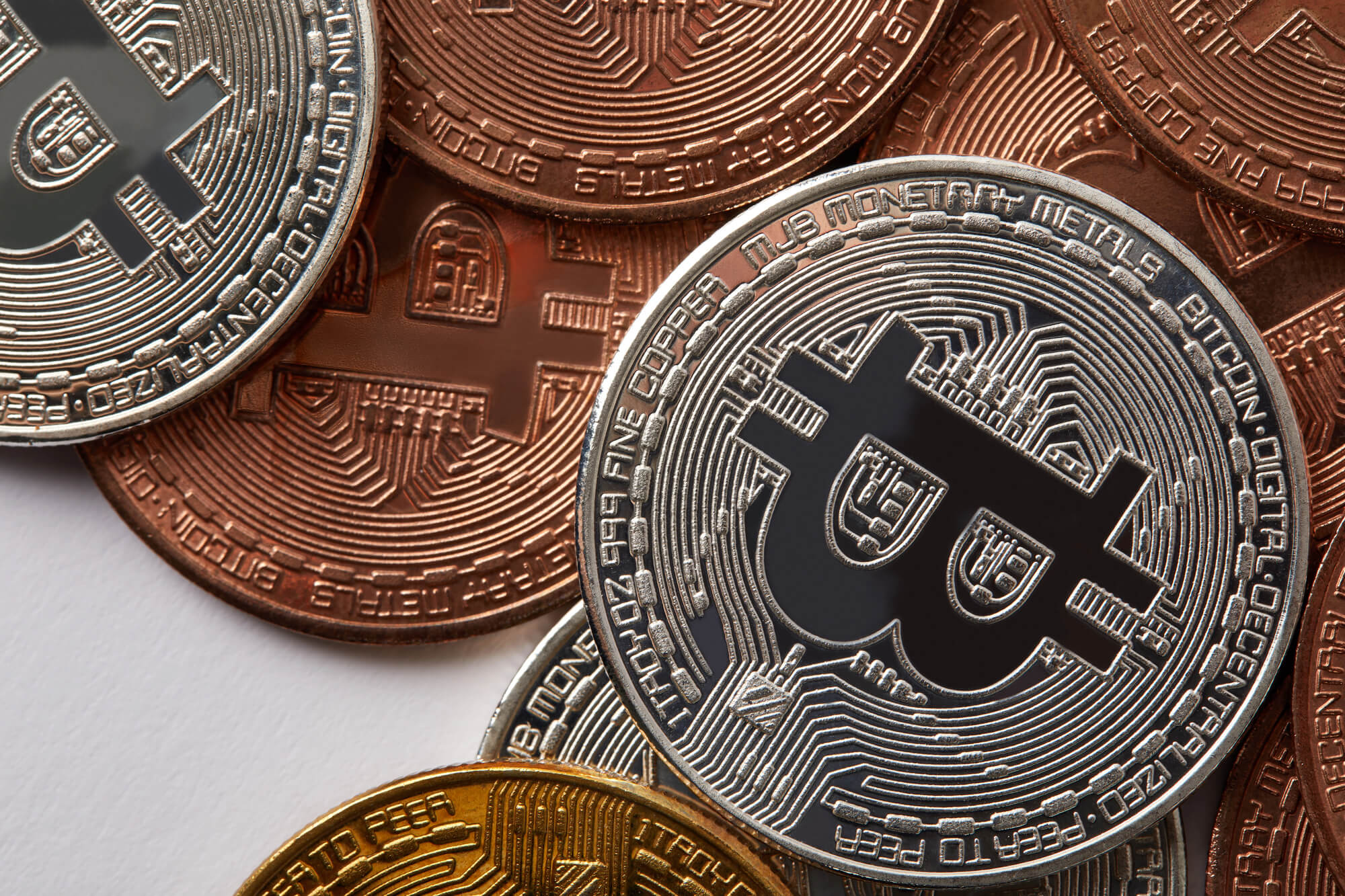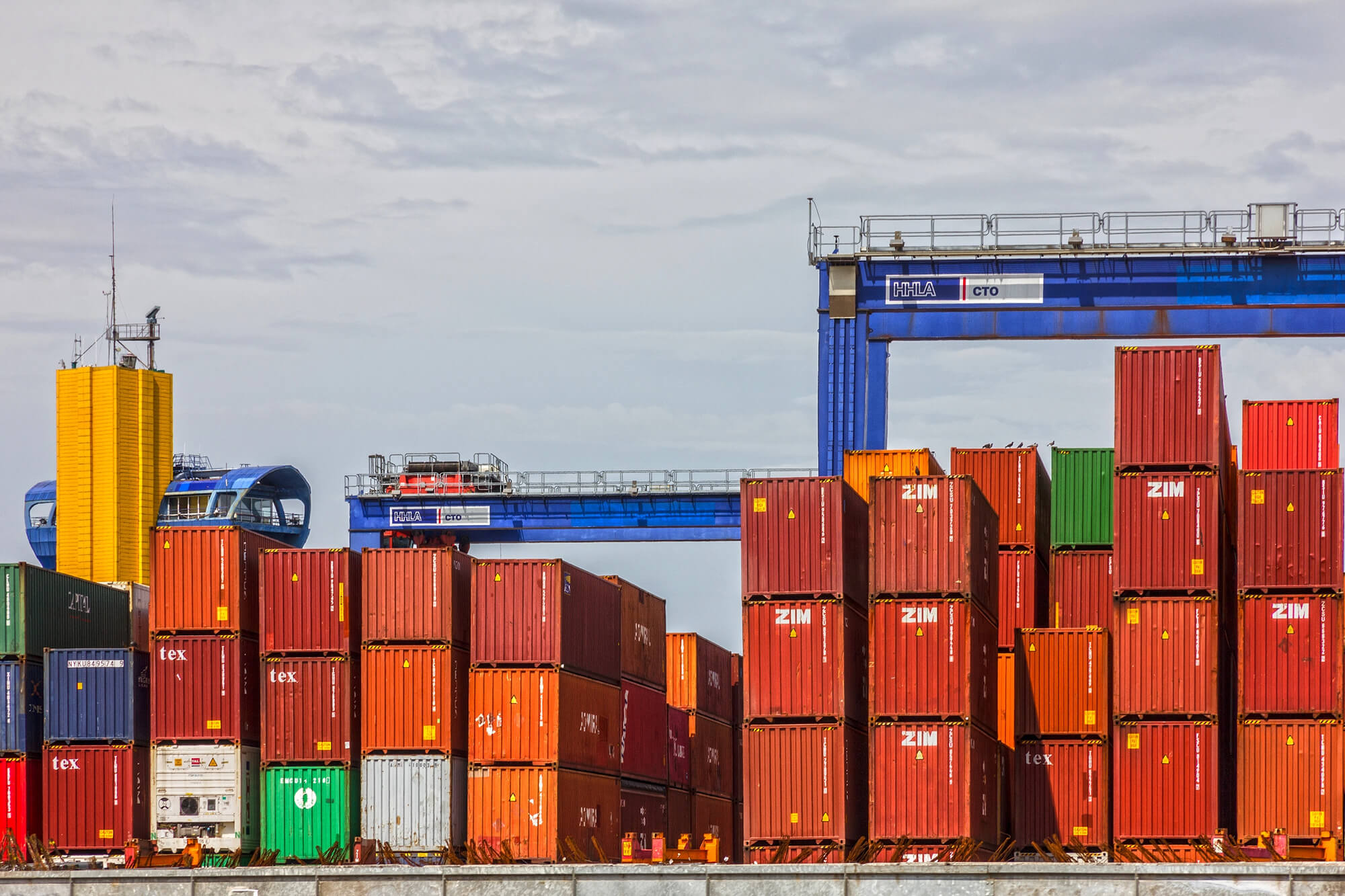Exchange rate was probably the hottest topic of the last week in Ukraine. The National Bank was blamed as the main culprit that the dollar exchange rate on unofficial market reached more than 20 hryvnias. Even the people who are far from economic and monetary policy issues demanded immediate resignation of Gontareva, who later apparently was made a scapegoat.
The main complaint formulated during the week was about the NBU’s purchase of government bonds from Naftogaz and subsequent sale of foreign currency to it. The Head of the National Bank claims that at this time “the operations with the Naftogaz of Ukraine are not affecting the exchange rate formation mechanism “.
Definitely, operations do have an effect. The sales outside the market are performed with the currency taken from reserves, which reduces their volume and ability to be used for other purposes. The purchase of bonds does not reduce the supply of hryvnia and does not lead to its strengthening.
Accusers say that Gontareva should have shown courage and perseverance and should not have bought the government bonds from Naftogaz. As long as the NBU remains to be some kind of a “pocket” in which the government can draw money because “the retirees are freezing”, one should not expect the stabilization of the exchange rate and the slowdown of inflation. And the result of this will be the freezing retirees.
I agree. Only independent Central Bank can pursue its main goal – internal and external stability of the national currency. Only the Head of the Central Bank who can say “no” will be able to provide the necessary (but not sufficient – not everything is in the hands of the Central Bank) conditions for the long-term investments needed for sustainable economic growth.
However, could it be different in our situation?
Budget changes increasing Naftogaz capital to UAH 96.6 billion were approved at the request of the government by the Parliament in August as a part of budget changes2. Part of the money ($ 3.1 billion) had to be paid back as the debt for prior periods to Gazprom. Without such debt repayment one could not reach an agreement about the gas supplies for the current year. In addition, the EU insisted on this repayment in order to guarantee the gas transit to Europe.
The IMF mission was informed about the changes in the budget, but it did not affect the delivery of the second tranche of the loan in September. At the time of tranche was received, it was clear that it would go in fact to Naftogaz, though formally it was going to the NBU reserves because the IMF does not provide loans to state-owned enterprises, but only compensates the shocks to the balance of payments. That is, the National Bank has lost the only force that could support it, because the President and the Prime Minister at that time were engaged in the election process and could not raise the tariffs for gas. As long as the NBU is not located on Mars, but on the Instytutska Street, it is forced to play in a team.
Let us consider the alternatives for the NBU:
- Refusal to buy the domestic government bonds. Since the beginning of this year, the NBU has increased its stake in domestic government bonds to UAH149 billion, 97 billion of which or almost 2/3 is the purchase of the Naftogaz’s public debt. For comparison, the Government sold UAH92 billion worth of bonds on the primary market since the adoption of amendments to the budget concerning the recapitalization of Naftogaz (September-November), less than 18 billion of which went to the budget, while the rest was used to roll over the old debt with a new one. That is, there is no such demand on the market that could absorb almost UAH100 billion in three months. Even If they could have sold it, it would be at a very large discount. In addition, it would have greatly increased the borrowings cost for the government.
- To buy domestic government bonds from Naftogaz or force it to sell them on the market as in the first option, but not to sell the currency from the reserves. In this case, Naftogaz would either dramatically increase the demand on the interbank market, stimulating the growth of the exchange rate, or declare a default (which would produce cross-default on the external government debt). In both cases we would have the growth of the exchange rate and possible disruption of gas supplies during the heating season and possible deterioration of relations with the EU that is interested in a safe gas transit.
In my opinion, described alternatives would not improve the situation either in the economy in general, or in the foreign exchange market in particular. Thus, one should mainly blame the Government and Naftogaz who did not increase the gas tariffs, and not the NBU.
Naftogaz remains a terra incognita. Its audit report has not been published yet. There are no publicly available calculations of the gas price for the general population, public utility services and the industry, which would allow one to avoid making losses. The program of energy conservation and control of heat consumption, including the installation of house and room counters is practically failed.
If we do not solve the problem of Naftogaz deficit, then the population will continue to formally pay for gas and heating several times less than their cost, but will become poorer because of inflation and weakening of hryvnia. And it will blame the NBU for all these things.
Attention
The author doesn`t work for, consult to, own shares in or receive funding from any company or organization that would benefit from this article, and have no relevant affiliations



